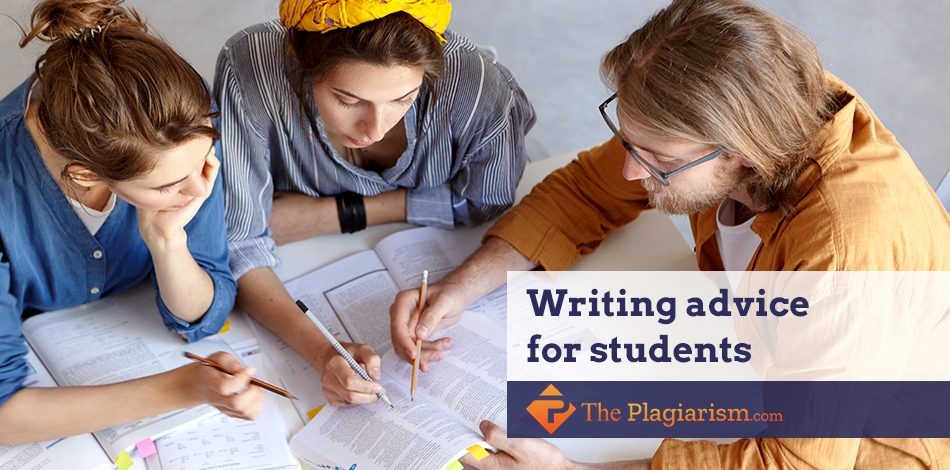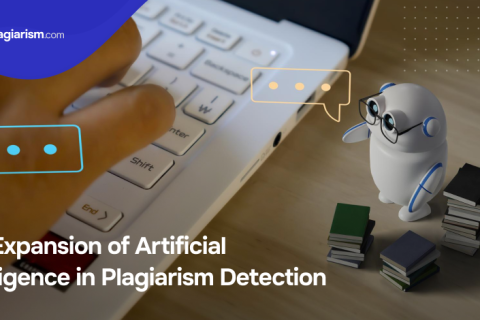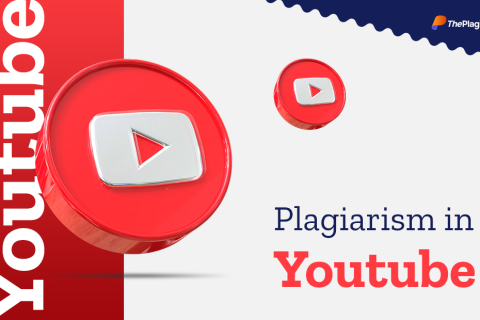Best Advice on Becoming an Expert at Writing
26 Oct 2018

Practical Tips on Writing More Effectively
Writing skills are among the most valued ones in today’s business world. However, many modern students often underestimate the importance of writing and do not pay much attention to acquiring those skills. University professors could have also devoted more time and resources to teaching students to write skillfully. Although writing requires a creative approach since there are no two completely similar assignments, there are certain rules that are to be followed if you want to be the best at writing in your class.
- Make sure your writing is grammatically correct
- Avoid informal tone
- Do not make your writing too formal
- Make punctuation your friend, but do not abuse it
- Use clear and concise language
- Check the availability of resources
- Do not shelve the assignment
- Make sure you understand the task
- Use the plan
- Say no to plagiarism
- Proofread once you have finished
High-level writing is an essential requirement for each aspiring student. Besides, the way you write reflects the way you analyze and synthesize the material; it also reveals your general intelligence not only in studies, but at work as well. You have to realize that writing carefully and correctly using Standard English is a must if you want to be eloquent and literate in your daily life.
Writing is an academic skill, so using slangy words, jargon or some informal symbols is not a good idea unless you tend to become a contemporary follower of Jack Kerouac. Be sure, even rebellious modernist authors mastered the standards of classical writing before subjecting to literary experiments. It’s wise to memorize these rules:
I. Do not use too many exclamation and interrogation marks as well as italicized words.
II. Bear in mind that by overemphasizing the text, you do not emphasize the text itself.
III. Avoid using caps, underlined words and words in bold.
While avoiding informal tone in academic writing might be the best writing advice, the terrible writing advice would be to make it excessively formal: it will be just dull. Besides, if you write an academic paper but not a symbolic fiction, verbose or flowery language will look out of place. Instead, communicate your thoughts clearly, avoiding grandiloquent words.
Using punctuation correctly, if using it at all, is a real challenge for modern students since the majority of writing they do are instant or text messaging which are usually punctuation marks free. Sadly, all of them cannot claim to be adherents of James Joyce, whose 256,000+ word famous work “Ulysses” extensively lacks punctuation. Consequently, they do not often see the difference between messaging and writing a formal essay. A good idea is to refresh punctuation rules using grammar books and manuals.
In writing, every word counts, so choose correct and appropriate words to convey your ideas clearly. Avoid using the words the meaning of which might be unfamiliar to readers, in case it is necessary, explain their meaning. In academic writing, obsolete and invented words are to be avoided as well. Do not repeat the words, avoid wordy constructions and long sentences. Do not overuse passive voice constructions.
You may find numerous resources available on campus. You may choose to: - Go to the campus library to find out what it has on offer for your writing needs. - Ask your professor to suggest some ideas concerning topics or arguments. Use office hours for visiting. - Search the net for supplementary materials.
Get down to work as early as possible. Procrastination will often lead to your writing task being graded low. Even if you manage to cope with your assignment overnight, making it creative and compelling, you will be stressed out. You can avoid it if you mark the deadline on your calendar. Your instructor might assign certain intermediary steps to be done such as choosing a topic or doing research, writing a draft or revising it. You may do it yourself marking corresponding deadlines on the calendar. Stick to the goals you have set.
Starting to write, go deep into the assignment to understand it correctly and follow all the instructions. From time to time go back to the instructions to be sure you include all required points. It will save you from having to start from scratch in case you have misunderstood or omitted something.
Creating an outline before starting a draft is a good idea as it will guide you through the process. An outline helps to arrange the ideas, identify supporting arguments and justifications, and prompt further steps.
Writing involves doing research and using numerous sources. Remember that all sources should be properly documented. The same refers to quoting someone. No matter how tempting it might seem to claim a plagiarized work as yours, remember that you might end up failing the assignment or even being expelled. Of course, you may use the findings of other people, but be sure to mention them in the reference section.
Before you say that you have completed the assignment, proofread it carefully. Focus on grammar issues; make sure all the sentences are syntactically correct.
Writing requires a thorough approach. It is a skill that can be improved with practice. So, do not procrastinate, do a meticulous research, outline, write, and revise to get the best results. Following the suggested pieces of writing advice will help you improve your skills immensely.






